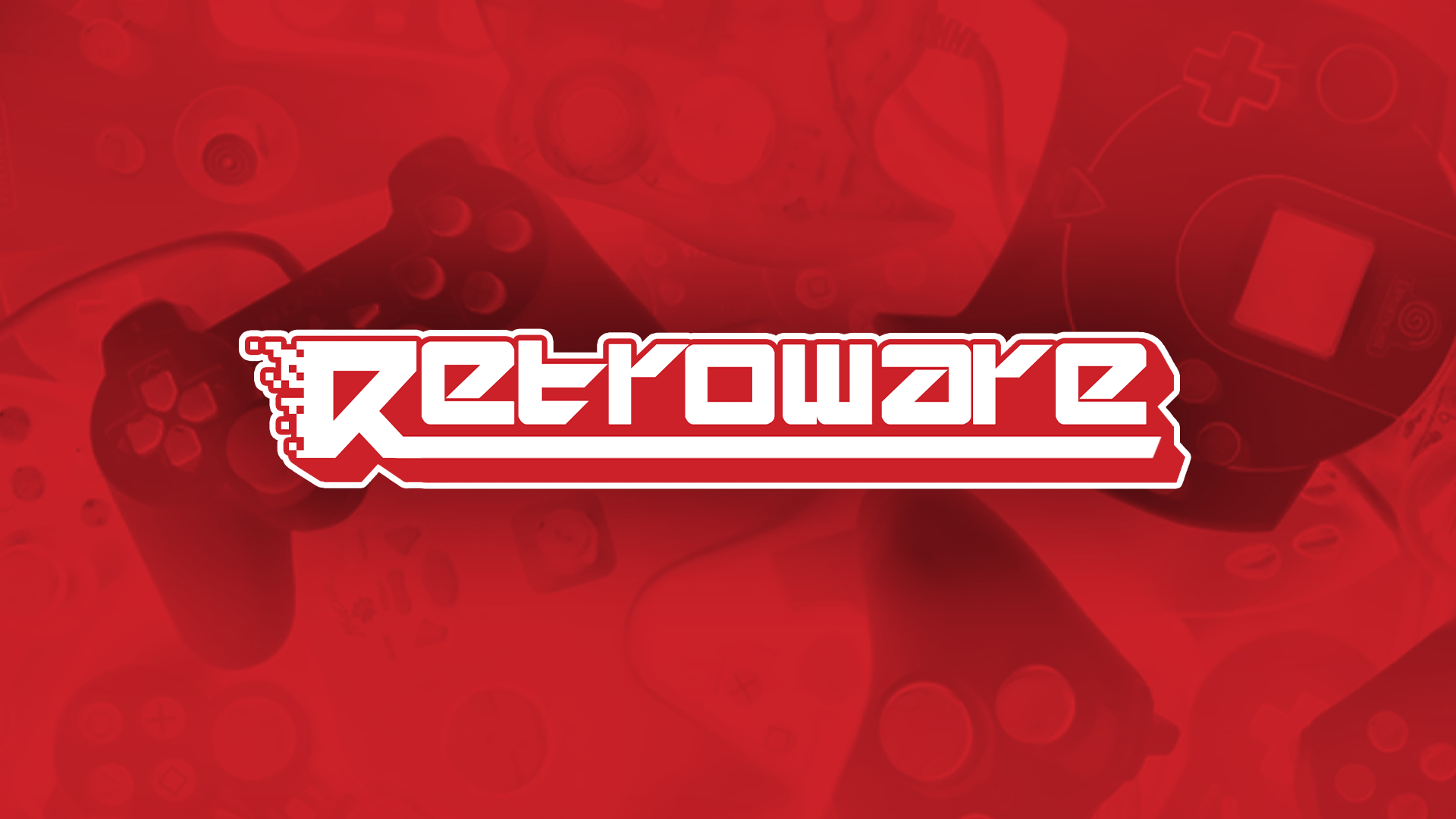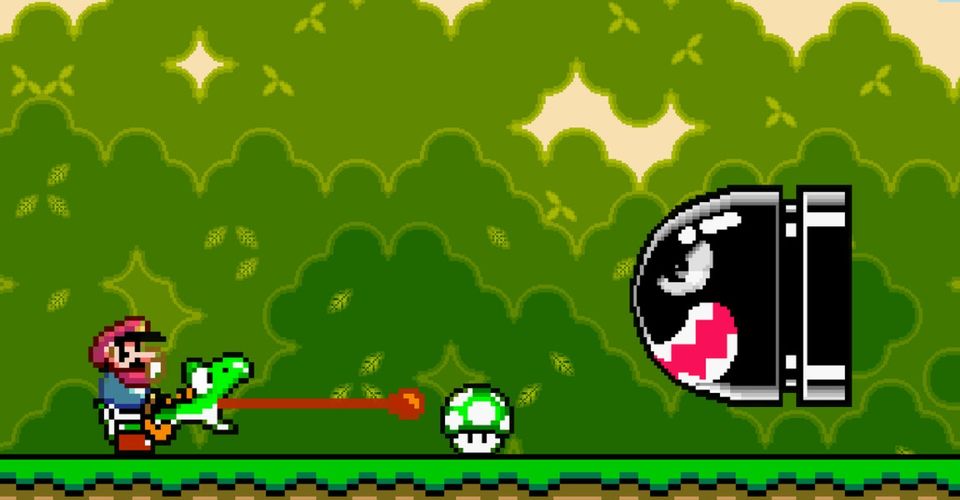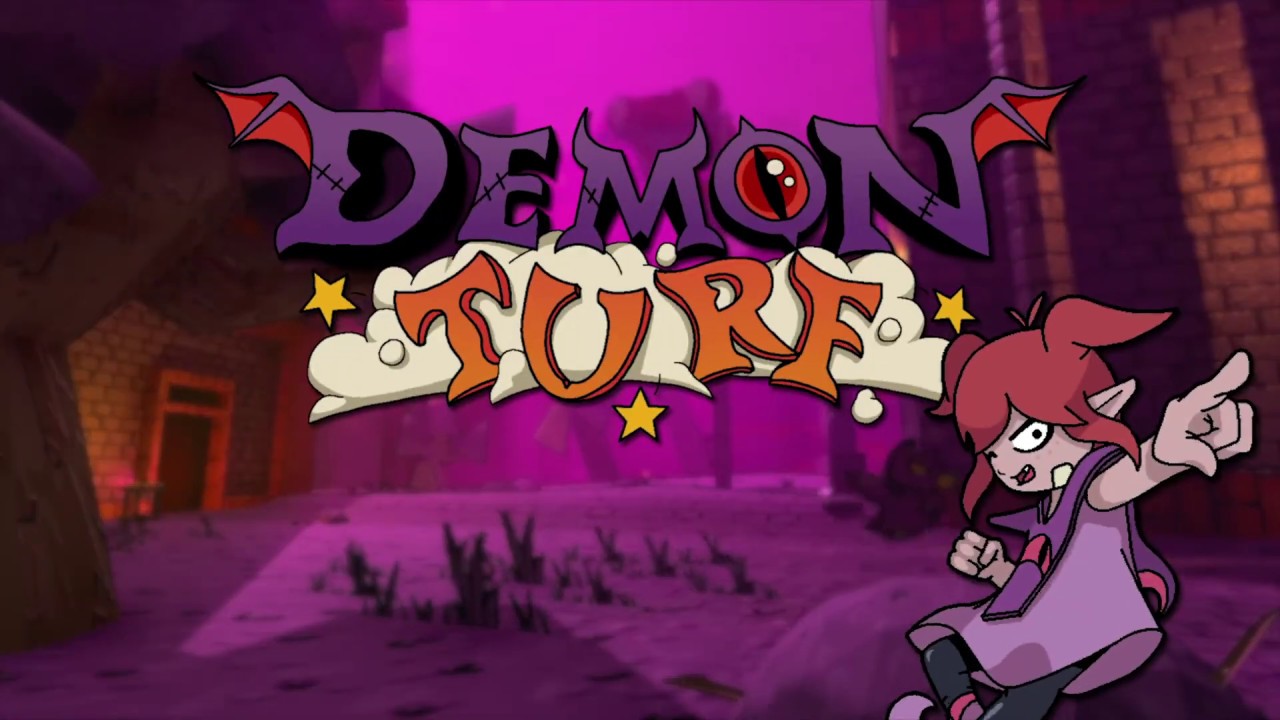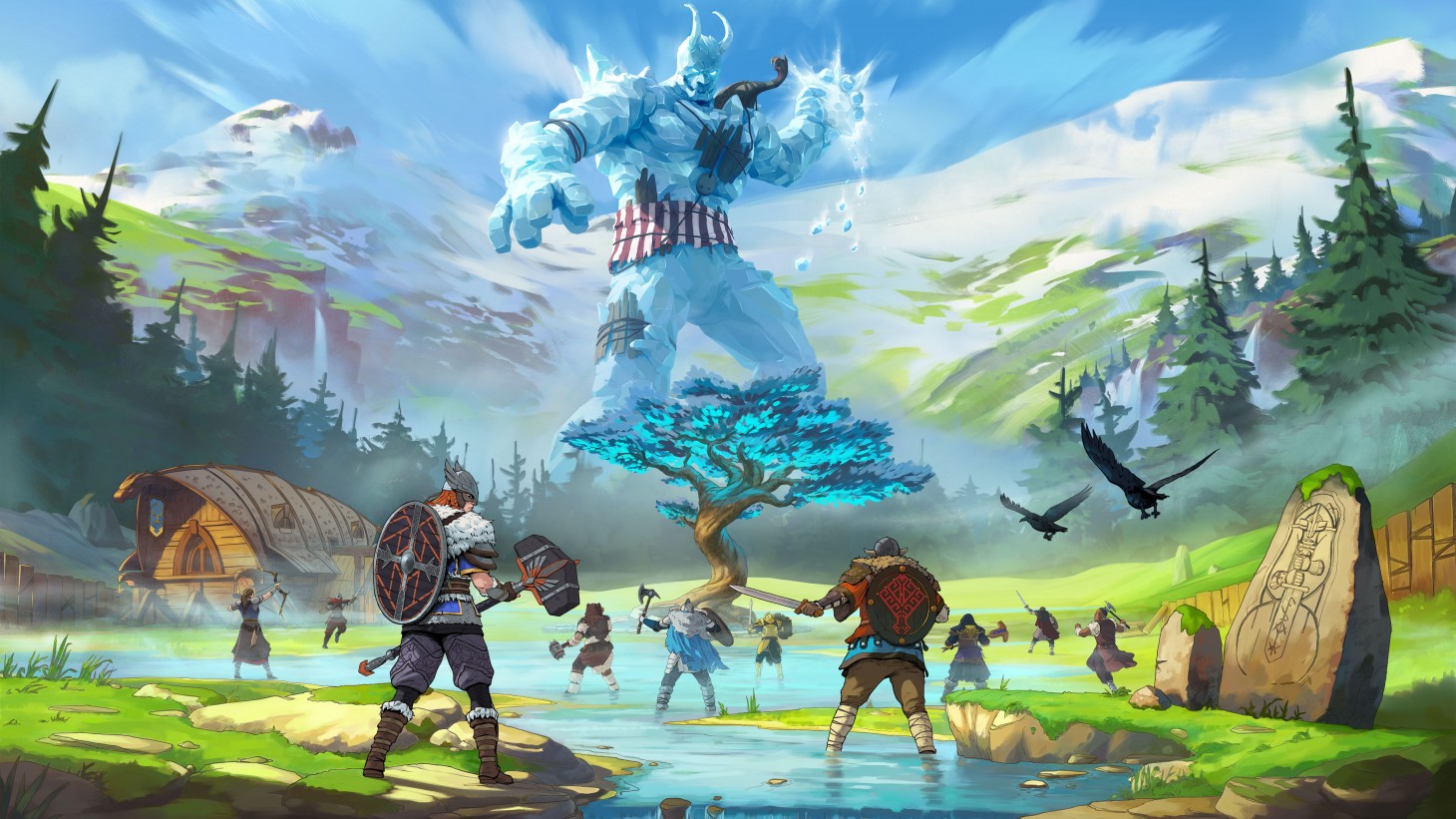Share
Localizing a game from another country is always something rife with challenges. Figuring out where to be faithful, where to adapt for common colloquialisms, whether common vernaculars should be used are but a few of the things that can arise. There’s also the matter of voice acting, and how to ensure the styles and moods of the original language performances are respected, while allowing actors to flex their own skills. It’s a monumental task, one that often can make or break a player’s experience.
In the case of the Yakuza franchise, the choice to dub was one that for some, may have made visiting its sequels hard to swallow for those in the west. In fact, reception of that first go was so poor that it wasn’t until the recent release of Yakuza 7 that the franchise even had an english language dub in the main games since the first game. Instead, the games have had wonderful localizations, ones that have had great success translating not just the stories, but the humor and oddities as well.
While the dub of the original Yakuza may not be fondly remembered, and for good reason, it’s an important moment in the franchise that defined it’s direction, and localization going forward.
Reaching for the Stars
Released originally in 2005 in Japan, Yakuza (Ryu ga Gotoku in Japanese) was a bold step for series creator Toshihiro Nagoshi and publisher Sega. An expensive game for the era, it combined realistic graphics, a depiction of yakuza crime syndicates, and seedier parts of Japan’s city life in ways that were both faithful and fantastical.
While the game was set to play well in its native country, there were concerns as to how it might perform in the west. Wanting to put their best foot forward, and with the shift in gaming towards more cinematic, bombastic stylings, Sega turned to Hollywood for answers.
Bring in Some Ringers
Looking at actors like Michael Madsen, Eliza Dushku, Mark Hamill, and others, they filled the cast with people that had a great screen presence, but not a ton in the way of voice acting skill. Save for Mark Hamill, whose career as a voice actor was already one of legendary status, many of the actors had little experience in this format, and were coming into it in an era where games were still finding their legs regarding nuanced, engaging performances.
So, lines are recorded, the game has an aggressive marketing push, gets released, and what happens?
Well Received But Well Criticized
Well, in Japan the game was a sales success, and in the west it reviewed well, but given how close the game was releasing to next generation consoles at the time, and also coming out after the release of Grand Theft Auto: San Andreas, Yakuza had enormous shoes to fill.
The maturity of the storytelling and the visuals were praised, but criticisms were given to the game’s combat. And then there was the voice acting. Something that almost every critic and fan alike lambasted was how the localization of the game had been handled.
Some characters were seen as emotionless, others too animated, and there was a comical amount of swearing that would have made even Quentin Tarantino blush. It seemed that in the attempt to make a mature crime drama, what Sega’s US branch made was something overblown and unintentionally quite funny.
To make matters worse, in the west, the english voice track was the only one available.
Due to space limitations, and the size of the files, the Japanese language tracks were inaccessible, as they didn’t exist on western copies. People being stuck with a sub-par version of the game turned many off to it, and fanned the flames of comparison between it, the Shenmue franchise, and GTA, despite the gulf of differences that existed between each series.
Kickstarting Legacy
While the Yakuza franchise continued to find sequels, and an increasing amount of success on the global scale, it did so at a slower pace in the west than it did in its native Japan. As more and more titles were released and the games’ quality became undeniable, with recent titles finding great success.
However that dub remained a black mark for a long time, with sequels not having any language options other than the original until Judgment, a spinoff title, and Yakuza: Like a Dragon. The result of that however, was a stunning localization that managed to find that sweet spot to keep the story, and all its eccentricities intact. Though it took a while for Yakuza to stop being just a “weird Japanese game” to many, its fans have become die hard defenders, with many great games to back them up.
Tongue Twisters
Dubs versus subs is a discussion that will probably continue as long as media is released in multiple languages. While there are numerous nuances and complexities to the topic, the first Yakuza game is an interesting case study of one way not to do it. Even with great actors and a stellar story, if something happens to go wrong along the way, the end result can be less than expected.




